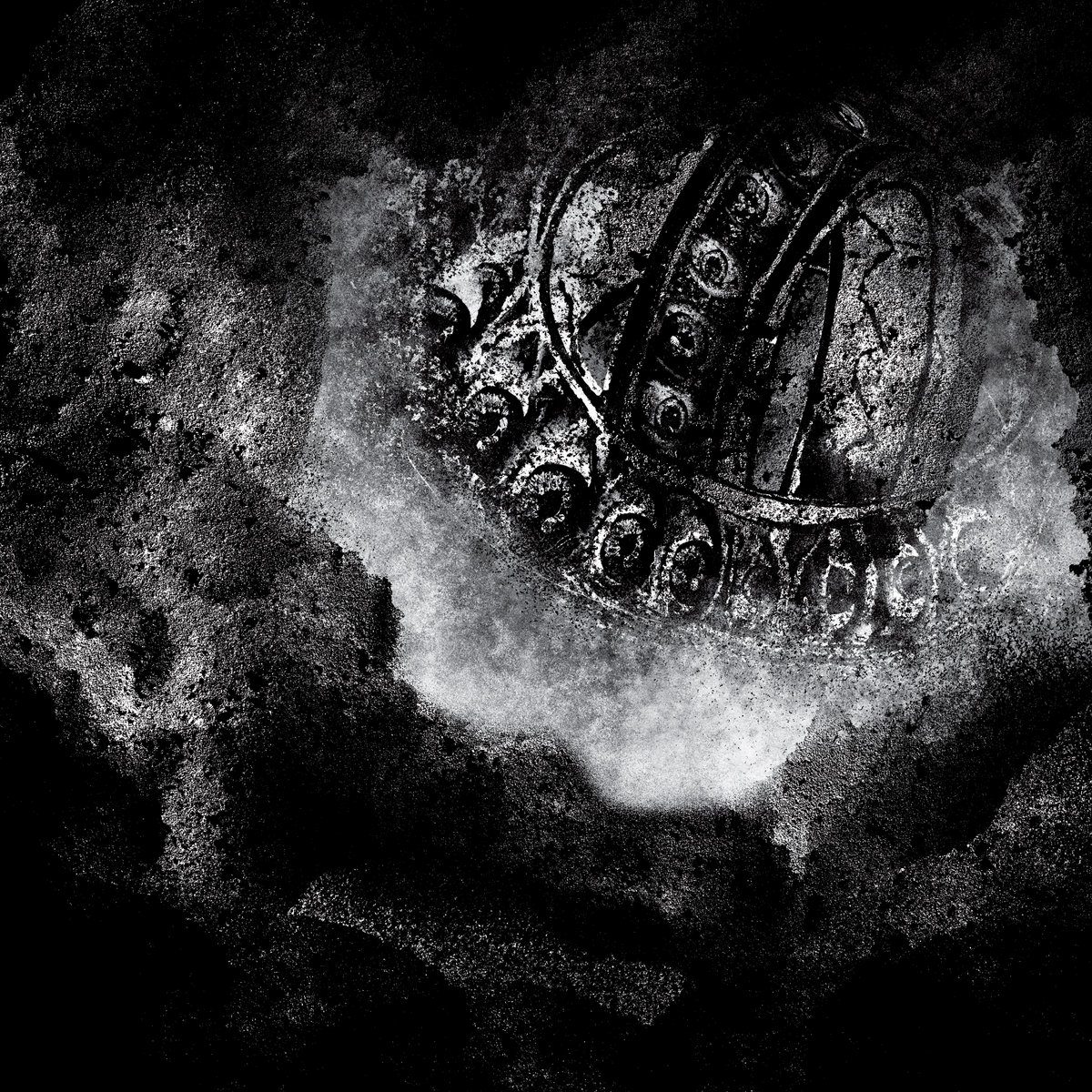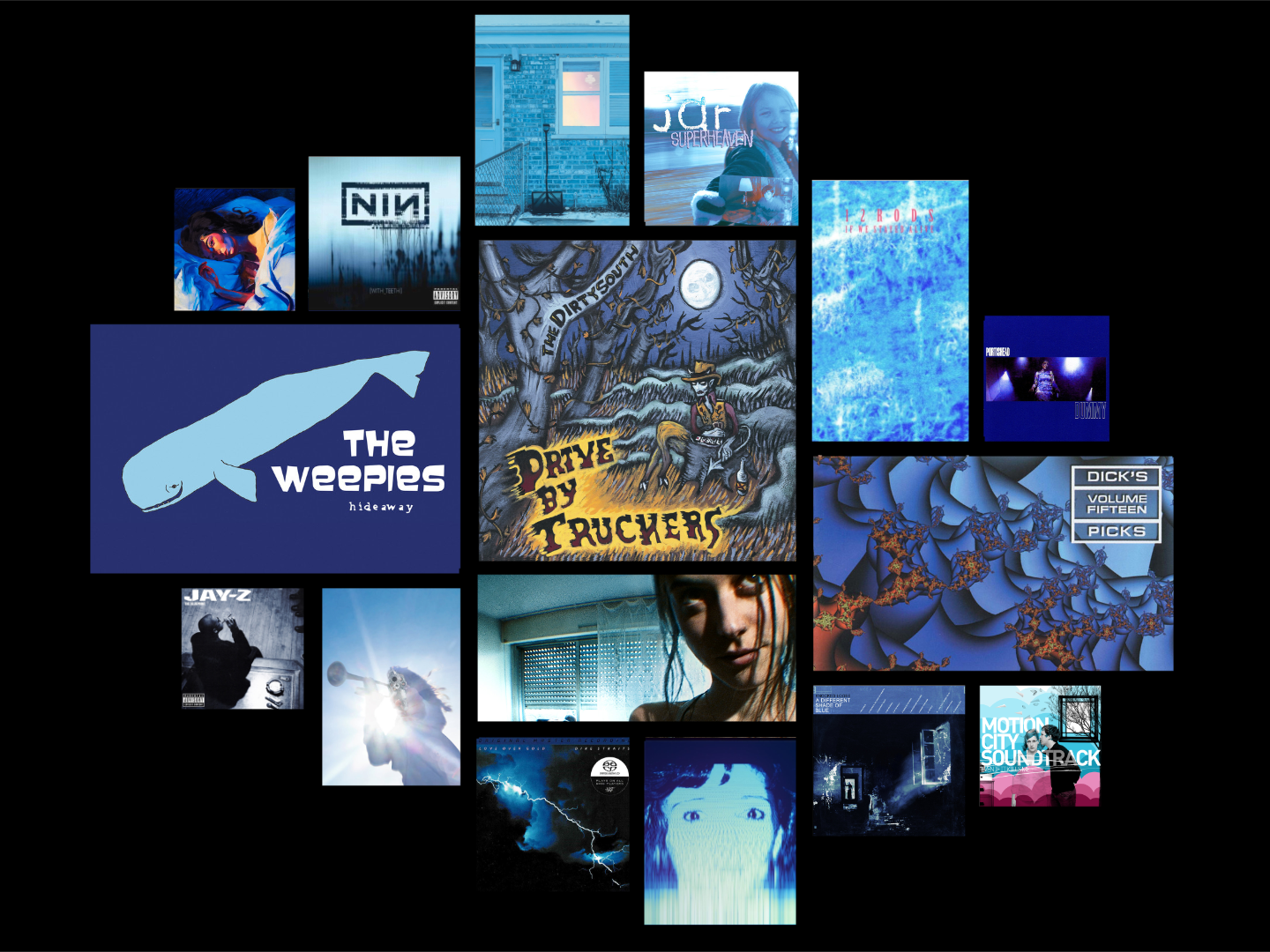M83 – Fantasy | Album Review
/The ‘Midnight City’ Band is, unfortunately, not a forgotten funk group from the ‘70s. This shorthand actually refers to the French electronic group M83, who formed almost 25 years ago. Their 2011 breakout album Hurry Up, We’re Dreaming spawned the “indietronica” mega-smash “Midnight City,” which finds itself in playlists alongside other anthems of the same ilk. See “Walking On A Dream” by Empire Of The Sun or “Little Secrets” by Passion Pit.
M83 garnered much blogosphere praise in the years leading up to Hurry Up becoming a modest household sensation. Pitchfork awarded their coveted Best New Music distinction to their sophomore LP Dead Cities, Red Seas & Lost Ghosts in 2003, with a 9.2/10 rating. 2008’s Saturdays = Youth was revisited by Stereogum in its 10th anniversary year, calling it “lush, overwhelming synthpop… more complicated than the handful of new wave and dream-pop giants everyone compared it to.”
So, the band had their longtime celebrators, and by 2011 they had amassed tons of new listeners. The long-awaited Junk appeared five years later in 2016, which writer Ryan Leas calls in that same Stereogum piece “zonked-out.” Between the album cover and title, I’ll take his word for it. And aside from 2019’s DSVII – M83 mastermind Anthony Gonzalez’s second installment of video game-inspired ambient music – the band hasn’t released a proper album in seven years. Fantasy scratches the itch instantly.
M83 approaches the idea of “fantasy” from beautiful and strange vantage points, both in the music and the imagery. Gonzalez explained further on Twitter, “I want to keep having fantasies about worlds that I don’t know and creatures I don’t understand, and that’s the story behind this record.” The album cover spotlights a strange alien figure and juxtaposes it with shiny neon lettering, giving an unsure first impression of exactly what type of fantasy the listener is about to be taken on. The serene introduction of “Water Deep” leading into the first single, “Ocean Niagara,” is a prog-rock adjacent couplet that suggests a more positive trajectory out of the gate. An odd choice for a first taste, as “Beyond adventure!” is the only lyric sung across its four-and-a-half minutes of steady electronic bliss. If patient fans weren’t satiated by that first track, maybe they were when M83 released the entire first “chapter” of the album, six songs altogether, to stream on February 9th.
Fantasy has quite a few moments of songs blending into each other, enhancing the seamless feeling of a fantastical trip throughout the listening experience. Tracks three and four, “Amnesia” and “Us And The Rest,” are M83 doing what they do best, an emotive mix of dream pop and dance music, making an instantly comfortable listen. “Amnesia” is sung from a fantasy skeptic’s perspective. “I believe in the darkness, it’s just a sound. I’m in love with some sadness, it’s just a sound.” Later, on “Earth To Sea,” Gonzalez takes a more Seussian lyrical approach: “Where will you go? Just say it, you can let go.”
Chapter Two opens with “Deceiver,” a groovy, sparkly disco-tinged number that sounds like it could have been a b-side to the Daft Punk & Panda Bear collab “Doin’ It Right” from Random Access Memories. While I dig this song, I believe it serves better as an ending to the first chapter as opposed to the start of a new one. Especially with Fantasy’s title track up next, serving as a statement of intent just as “Oceans Niagara” did at the start. Tracklist placement aside, this song is an absolute dancefloor smoker. “Shout it! Fantasy! Into a fantasy, into a wasteland, living in a fantasy,” Gonzalez refrains throughout. It’s an outstanding centerpiece of the album’s core themes.
“Laura” is a very pretty ballad that has one of the many mentions of traveling with another soul in this fantasy universe. “Take us on a ride, I’ll take you on a voyage through the night sky.” In the previous “Deceiver,” this character is a “distance driver;” similarly, “Amnesia” pleads to “Ride with me, slipping through my virtual magnet.” Throughout the album, Gonzalez channels classics like Elton John’s “Rocketman” or David Bowie’s “Space Oddity” through a more millennial lens. It’s lonely out in space, but he finds his companions within the great wide open. One of these companions is “Sunny Boy,” the crown jewel of the album. It’s the punchiest dance number with the strongest and most overt spatial fantasy lyrics. With an almost ABBA-like phrasing, Gonzalez swoons, “Cosmic adrenaline, she’s young and fierce. / Such a radiant queen.” Its reprise towards the album’s end is a welcome callback after the eight-minute, blissed- and blipped-out, almost-all French “Kool Nuit.”
This all leads up to the Fantasy finale, “Dismemberment Bureau,” suggesting the fantasy we might all be living in is one of televised overload. Gonzalez repurposes the legendary Gil-Scott Heron mantra, “Do you miss the day of human revolution? What a good way to learn from the hand of a legend. An illusion on color television.” Musically, I love the synth tones being laid down and think the track’s pacing is a strong compositional wrap-up. But it’s a bit of a ham-fisted topical ending, being the only moment on the album where fantasy and reality interweave. Maybe unexpectedly facing reality was M83’s intention after an hour of electronic sonic escapism.
I love any record that takes you on an otherworldly journey that presents you with things you don’t get in typical radio or supermarket music. On the whole, Fantasy delivers that journey, with the exception of a few curious elements regarding how it’s segmented. However much of the seven-year gap M83 took to put this together, it was clearly worth the wait. Maybe fantasy, reality, and the cosmos are all one and the same. If they are, a band named after a galaxy 15 million light years away certainly has the authority to say so.
Logan Archer Mounts once almost got kicked out of Warped Tour for doing the Disturbed scream during a band’s acoustic set. He currently lives in Rolling Meadows, IL, but tells everyone he lives in Palatine.









